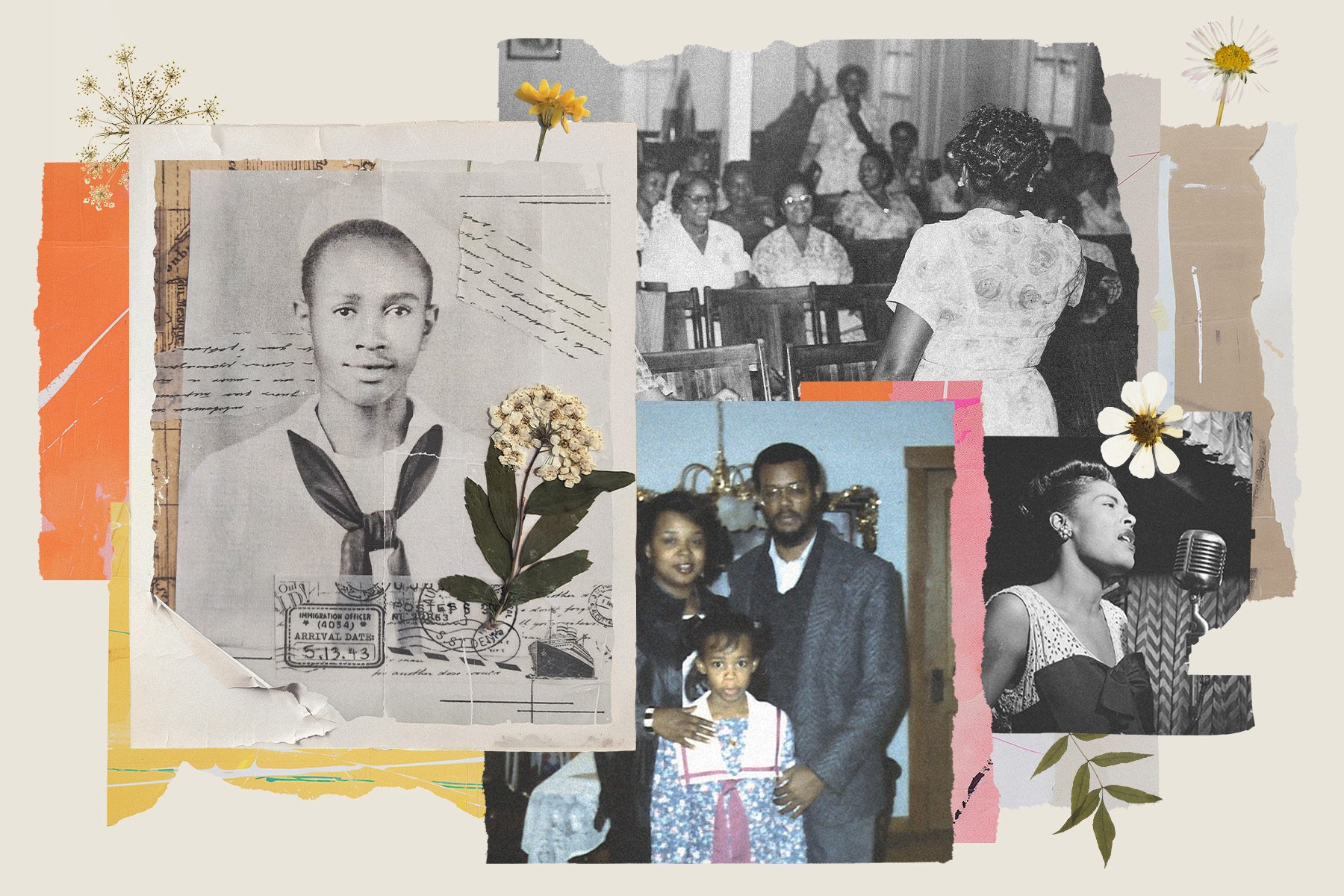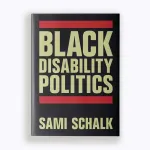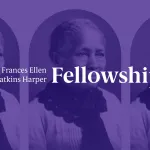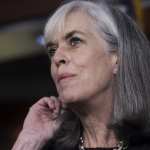For the third year, a handful of Black staffers at The 19th have come together to reflect on what Black History Month means to us.
For too many reasons to count, this year’s celebration of our history and culture feels even more pressing, present and vital to many of us.
These feelings are represented in words and phrases that dot these powerful essays: unapologetically Black, rebellion, uplifting others, collective excellence, hope, motivation, nurturing and holding our ground.
‘Every month felt like Black History Month’
Growing up, every month felt like Black History Month. Within our four walls, the Bunting household was unapologetically Black.
It was required that my siblings and I understood our history — not just the highlights, but the depths. As Parliament-Funkadelic blasted through the house, my parents passionately explained why funk and soul were more than music — they were lifelines of culture, identity and rebellion. And, through their work and service, they showed us the power of showing up for our people and our community.
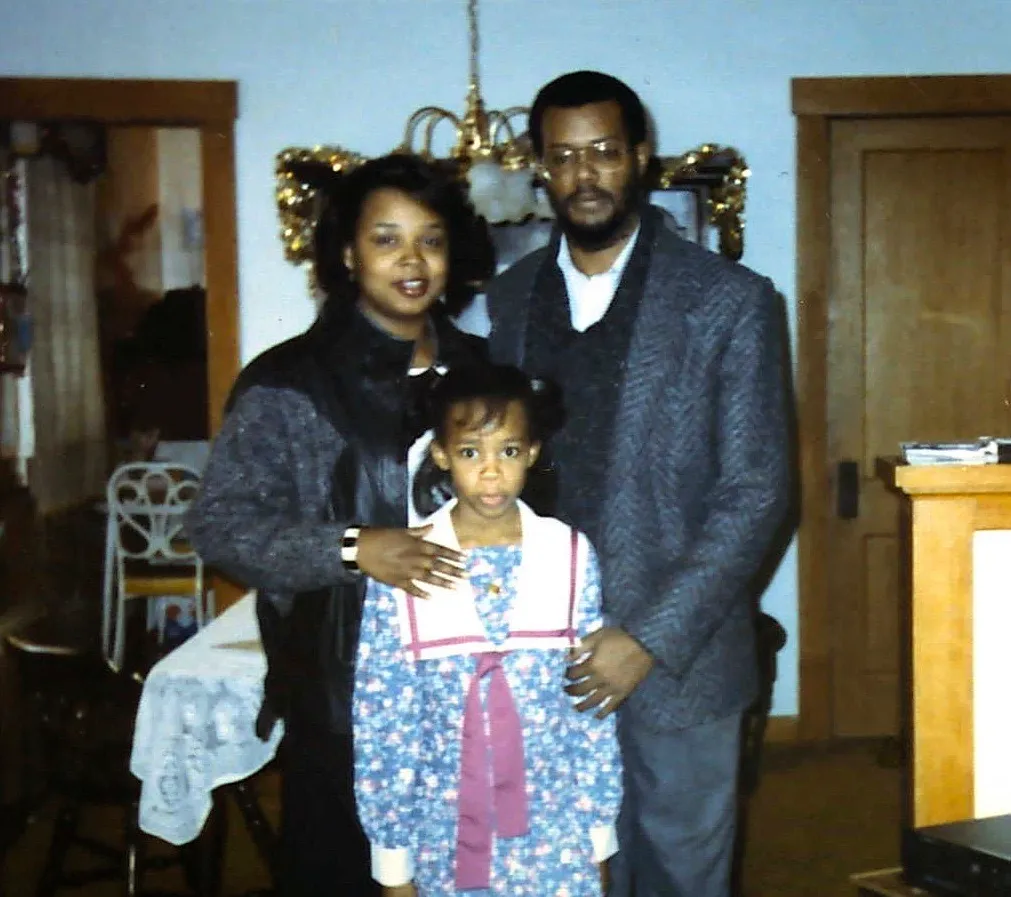
Yet it was the quiet, powerful way my mother and father carried themselves, with unwavering strength and dignity, that made the most impact. They instilled a deep level of pride and resilience that still lives with me every day.
Today, at a time when our very existence as Black people feels like an act of defiance, I hold tight to those values and my parents’ belief in the beauty of who we are. Those lessons are my armor. My parents’ love is my legacy. And their hope is the fire that keeps me going. — LaSharah S. Bunting, vice president
‘Creating paths where none existed’
Leadership has always been a lens through which I view the world, shaped by the extraordinary examples of my parents. As the child of two veterans, leadership wasn’t something pushed onto me but rather modeled with quiet consistency and purpose. My parents taught us to give our best in everything we did, to show up for others and to do so with integrity. I didn’t fully grasp the depth of these daily lessons until I watched my dad, 25 years older than my mom, set aside his passions and routines to support her career overseas.
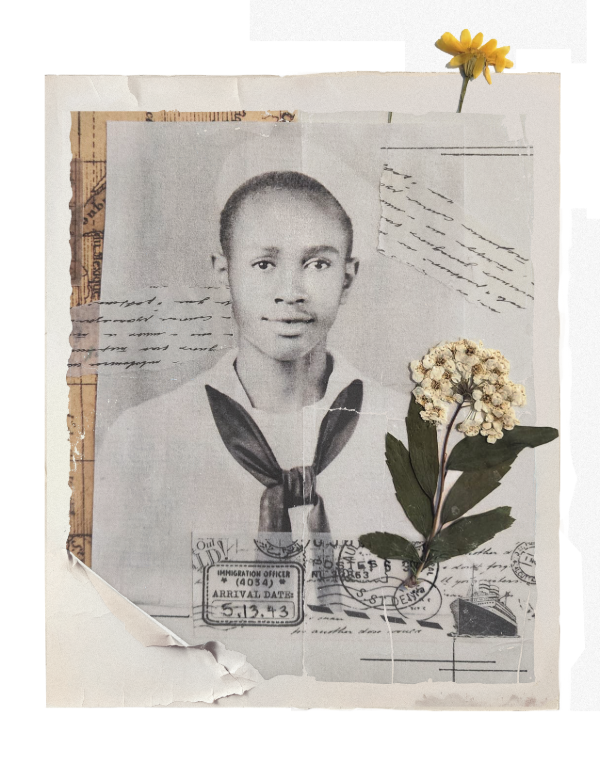
Recently, as I’ve reflected on his life and sifted through his personal effects, I’ve come to understand the profound depth of his leadership during his service in the U.S. Navy during World War II. He served with distinction, bravery and valor aboard ships like the U.S.S. Polana, U.S.S. General E.T. Collins and the USS Franklin, where he earned a Purple Heart for his courageous service on the most heavily damaged U.S. Navy vessel to survive the war. But his contributions extended far beyond his bravery in battle. He laid the groundwork for equity, advocating for wage and rank corrections for Black sailors, and worked to ensure that Black men and women could be seen and valued beyond the roles they were historically confined to, creating opportunities for those who came after him.
Though he never sought leadership, it always found him. He lived it by standing up for others and creating paths where none existed. That same spirit carried into how he raised our family, showing up with resilience, purpose and quiet strength. His legacy, combined with my mother’s determination, shaped my understanding of leadership as service, advocacy and a commitment to uplifting others. My brother and I are the realization of their wildest dreams — a testament to their vision, sacrifice, and unwavering belief in our collective excellence. — Clarice Bajkowski, chief creative officer
‘They were determined to know freedom’
I’m an Alabamian and my folks are from Montgomery and Lowndes counties, epicenters for the Civil Rights and Black Power Movements. I grew up listening to stories of my relatives, their childhood friends and neighbors committing acts of resistance in the Jim Crow South.
Whether it was hosting civil rights leaders in their homes as they passed through town or integrating high school or sneaking out to march for justice or simply living full, beautiful lives in spite of such ugliness, they were determined to know freedom.
Through direct action or through small acts of defiance, they resisted oppression at great personal risk and rebelled against laws that didn’t respect their dignity. They resisted the temptation to be completely consumed by fear and despair.
I am shaped by their determination to find a way to live abundant lives in spite of the dangerous forces trying to derail their destiny. I carry that same courageous and resilient spirit. — Amethyst Holmes, product fellow
‘Continue to nurture our country for the better’
I was not sure if I could write a Black History Month reflection this year. I didn’t think I would have anything interesting or inspiring to say less than two weeks after watching a U.S. president be inaugurated on Martin Luther King Jr. Day, and then hours later issue an executive order calling diversity, equity and inclusion work “illegal discrimination.”
But, the same week as the inauguration, a trend started on TikTok with a group of (mostly Black women) professors and professionals teaching online courses about their areas of expertise. It began inadvertently when Dr. Leah Barlow at North Carolina Agricultural and Technical State University posted a now-viral video that was originally meant for students in her Intro to African American Studies class.
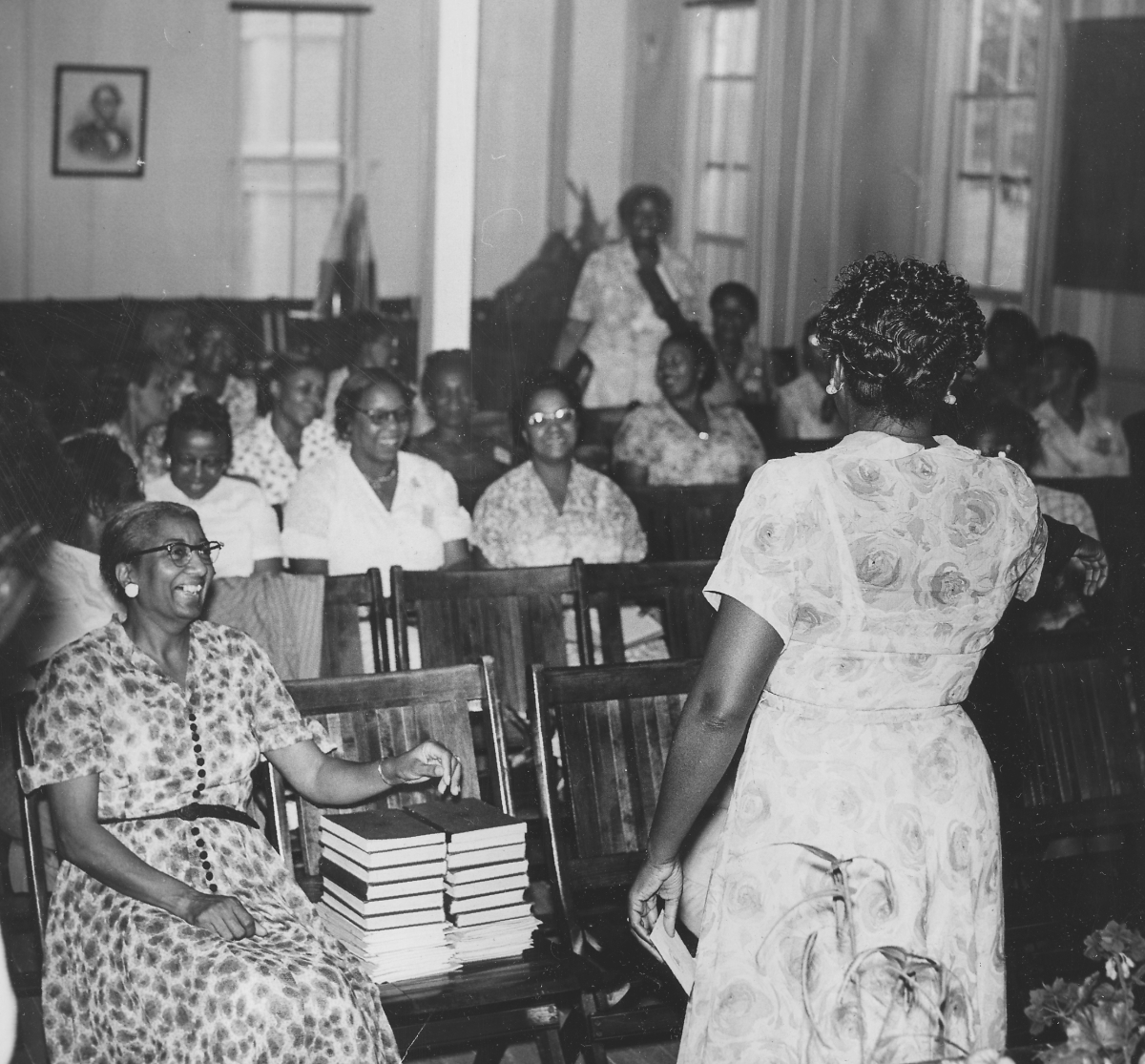
Now, other professors are offering courses on racial disparities in health care, managing implicit biases, the history of U.S. education, constitutional law and more. I am personally “enrolled” in a course analyzing the works of Octavia Butler taught by Dr. Briana Whiteside.
During such a politically tumultuous time, it gives me hope and motivation to see the ways that Black women in particular continue to nurture our country for the better. — Candice Norwood, general assignment reporter
‘What happens when people aren’t curious about what they don’t know’
No offense, Dorothy Hamill, but you weren’t my first choice.
I was the only Black kid in advanced English in sixth grade. We were assigned to choose a famous person to profile, and I picked Billie Holiday. My father and uncle were musicians, and my grandfather had jazz on heavy rotation.
I’ll never forget the blank look and dismissive shake of the head from my teacher in response. “Billie Holiday? I don’t know who that is.”
So I slunk back to my desk, eventually picking the very White, very acceptable (to her) Hamill instead.
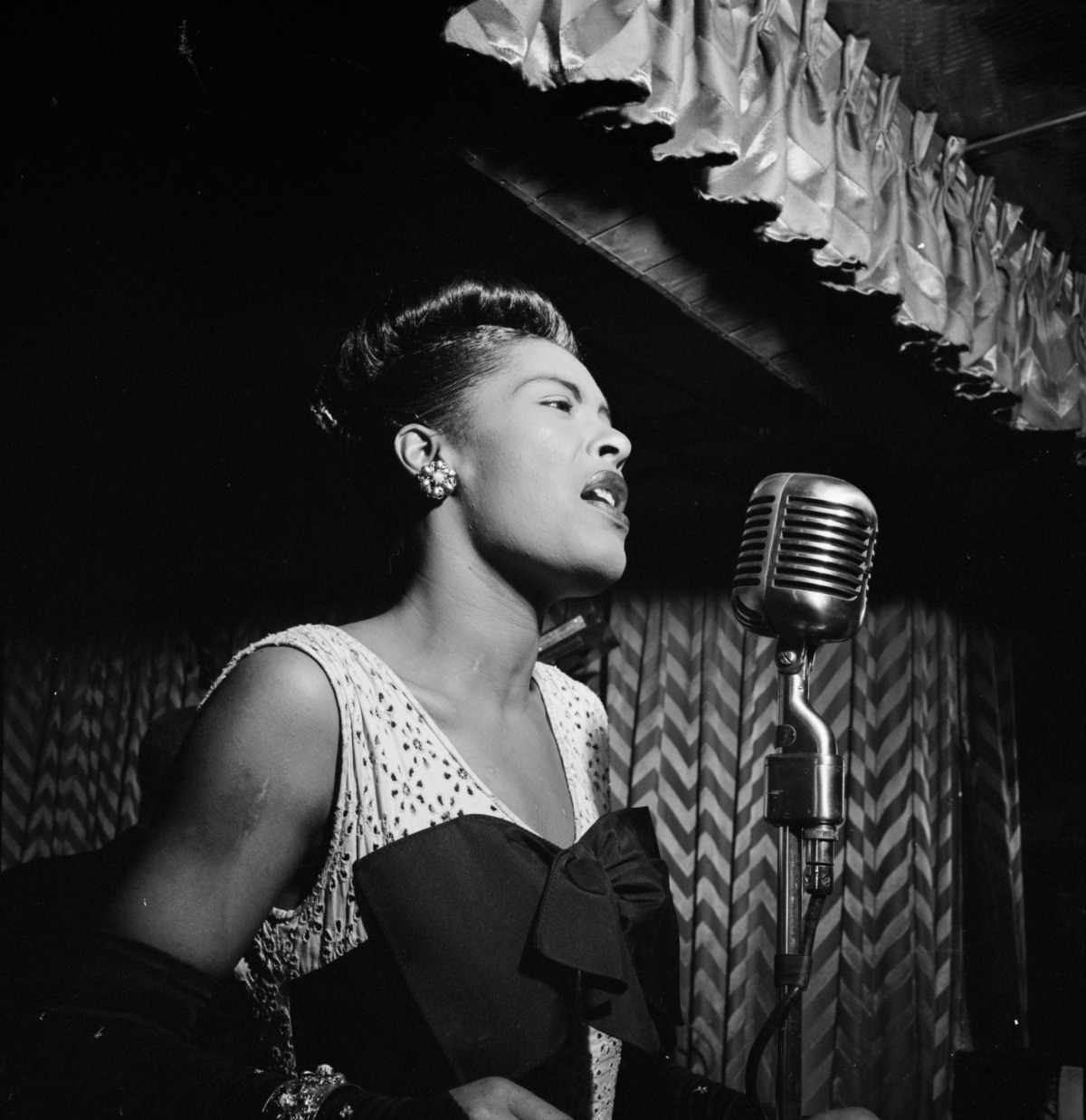
This is what happens when people aren’t curious about what they don’t know. My teacher assumed that because she hadn’t heard of someone being mentioned by a little Black girl, the person wasn’t worthwhile.
That memory has surfaced for me this Black History Month as we face the erasure of our stories and the weaponization of our identities. As people who think only their heroes matter amass power to make decisions for all of us.
I gave in on Hamill, but I’ve held my ground ever since. And this month I’m putting Holiday back on heavy rotation. — Karen Hawkins, story editor
